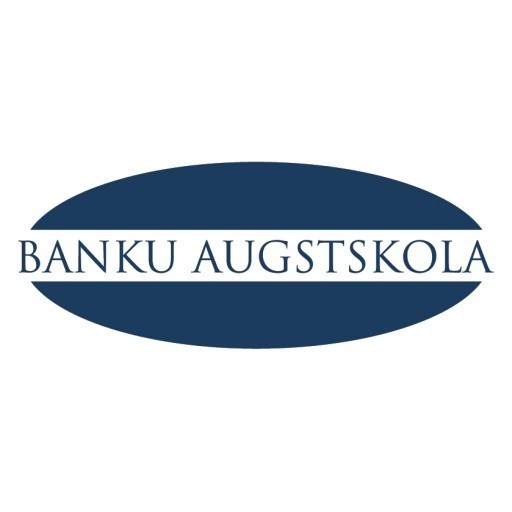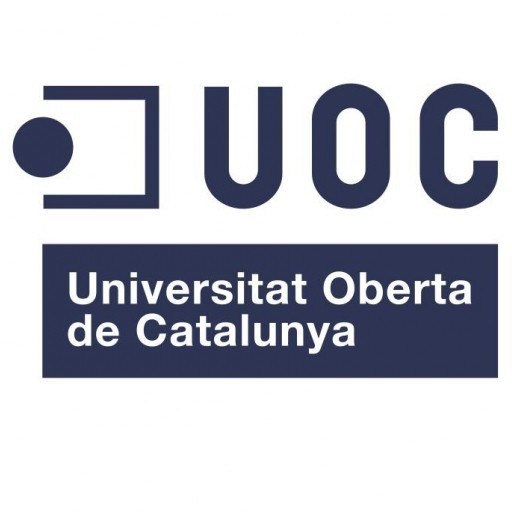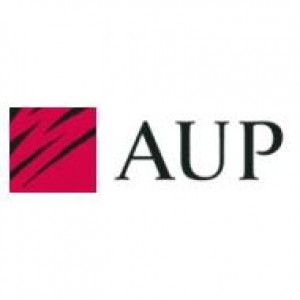Photos of university / #utrechtuniversity
The Master's Degree Programme in Islam and Arabic Language offered by Utrecht University is a comprehensive and interdisciplinary programme designed for students who wish to deepen their understanding of Islamic studies and Arabic language and culture. This programme provides a unique opportunity to explore the historical, theological, and cultural aspects of Islam, while also developing advanced proficiency in Arabic, one of the world's most influential languages. Through a combination of rigorous coursework, engaging seminars, and independent research, students are equipped with the analytical skills and contextual knowledge necessary to engage critically with Islamic texts, history, and contemporary issues. The curriculum covers a wide range of topics, including the history of the Islamic world, Quranic studies, Hadith, Islamic law, and philosophy, alongside language courses that enhance reading, writing, and oral communication skills in Arabic.
Students have the opportunity to specialize in areas such as Islamic theology, history, or culture, aligning their studies with their personal academic interests and career goals. The programme emphasizes an interdisciplinary approach, integrating insights from history, theology, philology, and social sciences, to foster a well-rounded understanding of Islam and the Arabic-speaking world. Utrecht University's renowned faculty members bring a wealth of expertise in these fields, guiding students through cutting-edge research and encouraging critical inquiry.
The programme is particularly suitable for those aiming to pursue careers in academia, journalism, cultural diplomacy, or international organizations related to the Islamic world. It also prepares students for further academic research and doctoral studies. The university’s location in the heart of the Netherlands offers a diverse and vibrant environment for cultural exchange and dialogue. Overall, this master's programme aims to develop knowledgeable, culturally sensitive, and critically engaged professionals who can contribute meaningfully to intercultural understanding and scholarly discourse on Islam and the Arabic language.
The Master's programme in Islam and Arabic Language at Utrecht University offers an in-depth exploration of Islamic theology, history, culture, and the Arabic language, equipping students with the analytical skills necessary to understand contemporary issues within the Muslim world and beyond. The programme is designed for students who wish to gain a comprehensive understanding of Islam, its diverse traditions, and its historical development, as well as a high level of proficiency in Arabic. Throughout the programme, students will examine the religious, social, and political dimensions of Islam, including its doctrinal foundations, legal traditions, and role in modern societies.
Courses are structured to provide both a theoretical and practical understanding of Islamic thought, complemented by linguistic training in classical and modern Arabic. Students will engage with primary Islamic texts in their original language, facilitating a deeper understanding of theological concepts, jurisprudence, and literary sources. The curriculum includes modules on the history of the Islamic world, contemporary Islamic issues, religious texts and exegesis, as well as courses focused on Arabic literature and linguistics.
The programme emphasizes critical thinking, intercultural dialogue, and analytical skills, preparing students for careers in academia, cultural and religious consultancy, policy advising, or further research. Students will benefit from Utrecht University's active research environment, with access to extensive resources, archives, and expert faculty members specializing in Islamic studies and Arabic linguistics.
The Master's in Islam and Arabic Language is a two-year full-time programme, encouraging an international and diverse student body. It aims to foster a nuanced understanding of Islam in its many forms and contexts, promoting scholarly rigor and intercultural competence. Graduates will be well-positioned to contribute meaningfully to academic, policy, and societal debates about Islam, the Arabic language, and intercultural relations.
Program requirements for the Master's in Islam and Arabic Language at Utrecht University include a relevant Bachelor's degree in Islamic Studies, Arabic Language and Culture, or a closely related field. Applicants must demonstrate proficiency in the Arabic language, typically through a standardized test or previous education coursework, equivalent to at least C1 level in the Common European Framework of Reference for Languages (CEFR). A strong academic record with a minimum GPA or equivalent grade point is expected, highlighting capabilities in humanities, linguistics, or area studies.
Furthermore, applicants are required to submit a motivation letter explaining their interest in the program and their career goals related to Islamic studies or Arabic language expertise. Letters of recommendation from academic references who can attest to the applicant’s research potential and academic abilities are also necessary. Prior experience or coursework in Islamic theology, Middle Eastern history, or related disciplines can strengthen the application.
The program emphasizes research skills, critical thinking, and intercultural communication, and so applicants with experience in qualitative or quantitative research methods may have an advantage. International students mostly need to provide proof of English language proficiency, such as IELTS or TOEFL scores, unless their previous education was conducted in English. The application process involves submitting all documents through Utrecht University's online application portal by the specified deadline, typically several months before the start of the academic year.
Candidates may be required to participate in an interview or assessment as part of the selection process. The program also values extracurricular activities, internships, or relevant work experience related to Islamic and Arabic studies. In addition, students should meet general university admission requirements, including a valid passport or ID, and, where applicable, a student visa for non-EU/EEA students. Financial documentation or scholarship applications might be necessary for funding considerations. Meeting these requirements is crucial for admission, and students are advised to check the official program webpage for the most detailed and current admission criteria.
Financing options for the Master’s programme in Islam and Arabic Language at Utrecht University are designed to support students in their academic pursuits through a variety of funding opportunities. Prospective students are encouraged to explore scholarship options such as the Utrecht Excellence Scholarships, which provide substantial financial support to outstanding international students. Additionally, students can consider government-funded scholarships available through their home countries, such as the Holland Scholarship or Erasmus+ programs, which are accessible to students from specific regions or countries. Utrecht University also offers tailored grants and financial aid packages aimed at reducing the financial burden for international students, including partial fee waivers and mobility grants.
Students are advised to check the university’s official scholarship database for the most up-to-date information on available funding opportunities, application procedures, and deadlines. In terms of tuition fees, non-EU/EEA students typically pay higher rates compared to EU/EEA students, with figures varying based on the specific programme, but generally, the tuition for non-EU/EEA students can be around €18,000 to €20,000 annually, while EU/EEA students pay significantly lower fees, often around €2,200 per year. International students are encouraged to plan their finances early and seek financial advice through Utrecht University’s student service centers.
Students can also look into external funding sources such as private foundations, non-governmental organizations, and country-specific scholarship programs that support studies in humanities and cultural studies. Part-time work opportunities are available for international students, subject to visa regulations, allowing students to supplement their income during their studies. It is important to consider the cost of living in Utrecht, which includes accommodation, health insurance, transportation, and daily expenses, and to budget accordingly. Overall, Utrecht University provides a comprehensive range of financial support mechanisms and guidance to help students successfully finance their education in Islam and Arabic Language studies.
The Bachelor's Degree Programme in Islam and Arabic Language at Utrecht University offers a comprehensive exploration of Islamic culture, history, and theology alongside the Arabic language, focusing on both linguistic proficiency and contextual understanding. The program aims to equip students with the skills necessary to analyze and interpret Islamic texts, traditions, and practices within a historical and contemporary framework. Throughout the course, students gain a strong foundation in classical and modern Arabic, enabling them to read and understand original Islamic texts and engage critically with scholarly debates.
The curriculum combines language instruction with cultural studies, emphasizing the historical development of Islam in different regions of the world, particularly in the Middle East, North Africa, and South Asia. Students learn to examine Islamic law, philosophy, and ethics, fostering a nuanced understanding of the religion's role in society and politics. The program encourages an interdisciplinary approach, integrating insights from history, anthropology, religious studies, and linguistic analysis.
Students have opportunities for international exchange programs and internships, providing practical experience and exposure to diverse Islamic communities and Arabic-speaking regions. Faculty members are experts in their fields, offering personalized mentorship and guidance throughout the program. Graduates of this programme are well-prepared for careers in research, education, cultural management, diplomacy, or further academic pursuits such as Master's or PhD studies.
The programme emphasizes critical thinking, intercultural dialogue, and linguistic skills, ensuring students are capable of engaging with complex issues related to Islam and the Arabic language on a global scale. It is designed for students who wish to develop a deep understanding of Islamic traditions and Arabic linguistic culture, with a commitment to fostering mutual understanding and respectful exchange in increasingly diverse societies.








